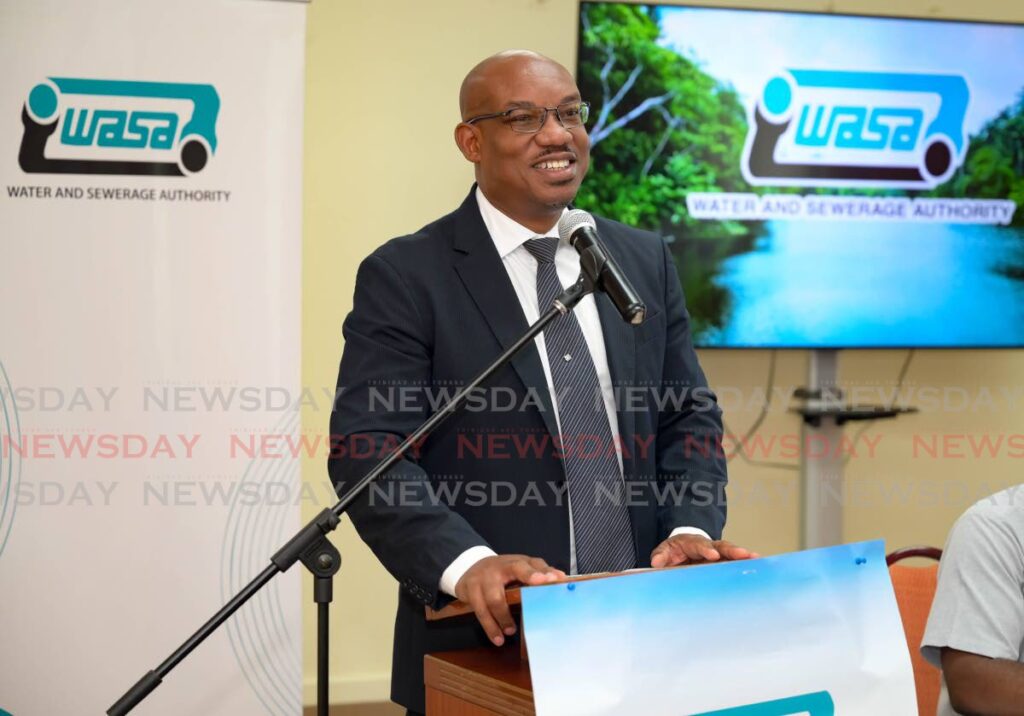WASA embraces e-billing

The Water and Sewerage Authority (WASA) 's announcement that it would transition to e-billing is a welcome signal of modernisation and digital transformation at the state agency.
WASA's claim, however, that this effort will "reduce its carbon footprint" is spurious.
E-billing has been in place at TTEC, TSTT and other telecommunications providers for years, representing a win for customers who want to review their accounts and the running cost of using these utilities.
Matched with e-mailed or text-driven reminders of bills due and well-trained online and call-centre-focused customer support; the authority will be positioning itself for an era of greater accountability and clarity in its billing procedures.
But e-billing is only one part of that process and WASA's past efforts to use online tools to improve its services have been spotty.
A project started in 2018 to encourage citizens to photograph and submit leaks and their locations online has largely collapsed.
The WASA Services app, universally reviled by users on both the Apple and Google stores, hasn't been updated since 2022.
The authority's website is a model of design from the early 2000s and urgently needs modernisation and customer usability auditing.
Leak reporting is possible on the website, but users must grapple with an uninspiring form that is a model of government-mandated overkill.
Under its new administration, the authority must reconsider its role as the provider of TT's most important resource.
Announcing a new commitment to digital transformation isn't just a matter of a grand launch and self-congratulatory bombast.
Success will emerge from a determination to test these new initiatives with the users as it targets, refine systems and procedures and collaboratively create a more accessible public utility.
WASA has undertaken some of this work since 2024 and has been the beneficiary of a loan approved in 2020 by the Inter-American Development Bank to fund that transformation.
Yet by 2024, the authority had only drawn down 20 per cent of the initial US$80 million, with an additional conditional credit line of US$315 million allocated by the IDB for the TT National Water Sector Transformation Programme.
Few of the grand plans envisioned by the Ministry of Public Utilities for the authority have found root in the stony ground of WASA's organisational infrastructure.
Beyond e-billing, which if properly implemented might improve the authority's revenue and give it a more intimate sense of its customer base, incoming CEO Keithroy Halliday faces the challenge of transforming a state entity noted for its resistance to real change, its slovenly patching of its aging infrastructure and the conspicuous waste and mismanagement of one of the country's most precious resources.

Comments
"WASA embraces e-billing"